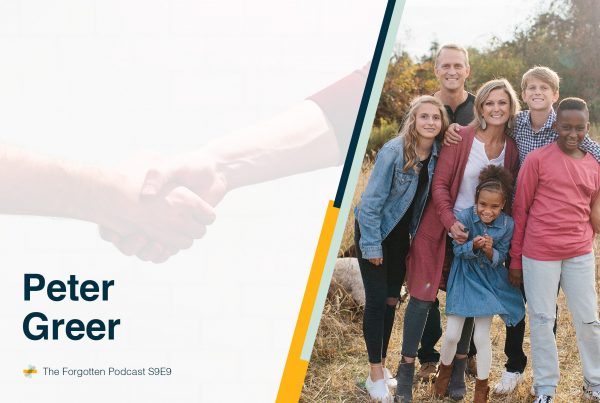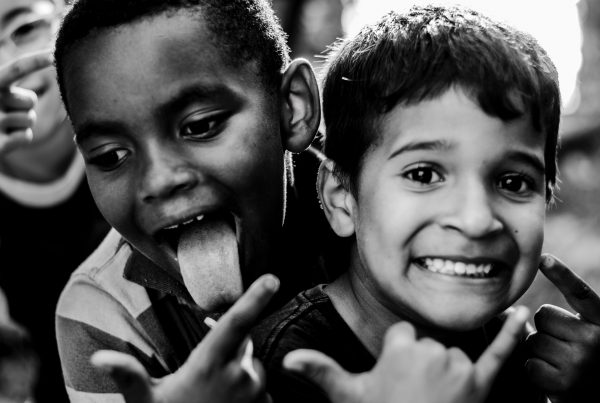
You’ve likely heard about trauma, but have you heard of secondary trauma? It’s sometimes referred to as compassion fatigue, vicarious trauma, and secondary traumatic stress, and it is especially common among helping professionals such as mental health professionals, first responders, and social workers.
My guest today is Blake Boyer, a social worker in the field of child welfare. Blake is a wife, mother, and has a masters in social work in addition to being a Trust-Based Relational Intervention (TBRI) Practitioner.
In this episode, Blake shares her experience as a social worker, the challenging effects of secondary trauma in her field, how she approaches her faith in a government position, how we can support those we know who are social workers, and much more.
Listen in!
TAKEAWAYS FROM TODAY’S CONVERSATION:
1. The primary goal of social workers is to help.
People in this role walk the line daily between confines within the foster care system and trying to help in every way possible. It is a tough position to be in day after day. They can often feel overworked and carry a heavy caseload which can lead to extra hours and sometimes paying for items out of their own pocket to help meet needs.
“The whole basis of social work is to do no harm but also it’s the dignity and worth of people.”
2. Secondary trauma can affect more than “helping professions.”
Secondary trauma is definitely more common in helping professions, but secondary trauma can affect many people close to a traumatic situation. If you’ve ever had a friend go through a hard time and you were by their side the whole time, you may have experienced some form of secondary trauma as a result. It can be draining to be a helping person. For those who are in social work, it’s not uncommon to deny secondary trauma, push it aside, and keep pushing forward for the greater good.
“Secondary trauma is basically the trauma that someone in a helping profession experiences while they’re helping people that are going through the primary trauma.”
3. This work is about balance.
For those who are in a helping profession like social work, it’s crucial that they have healthy boundaries and coping skills. They need to have compassion while acknowledging their limits so they limit the likelihood of burnout or developing secondary trauma. The reality is a social worker will never be able to do it all for a child, and they are just one part of the valuable team dedicated to supporting each family impacted by foster care.
“You are dealing with children and their lives and well-being. So when you don’t get something done it tangibly affects that child.”
- Connect with Blake on Instagram or her website
- Join Team 3:10

Meet Our Guest
Blake Boyer is a social worker in the field of child welfare, foster home licensing specialist, wife, and mother. Her mission is to offer hope and support to foster parents. Blake enjoys large biographies, getting lost in the woods, and having meaningful conversations with friends. She lives in Georgia with her husband and 8-month-old son.
Get encouragement and updates in your inbox.
Be the first to know about new episodes, posts, resources, and stay in the loop about what’s coming up.
Other Episodes You Might Enjoy:










